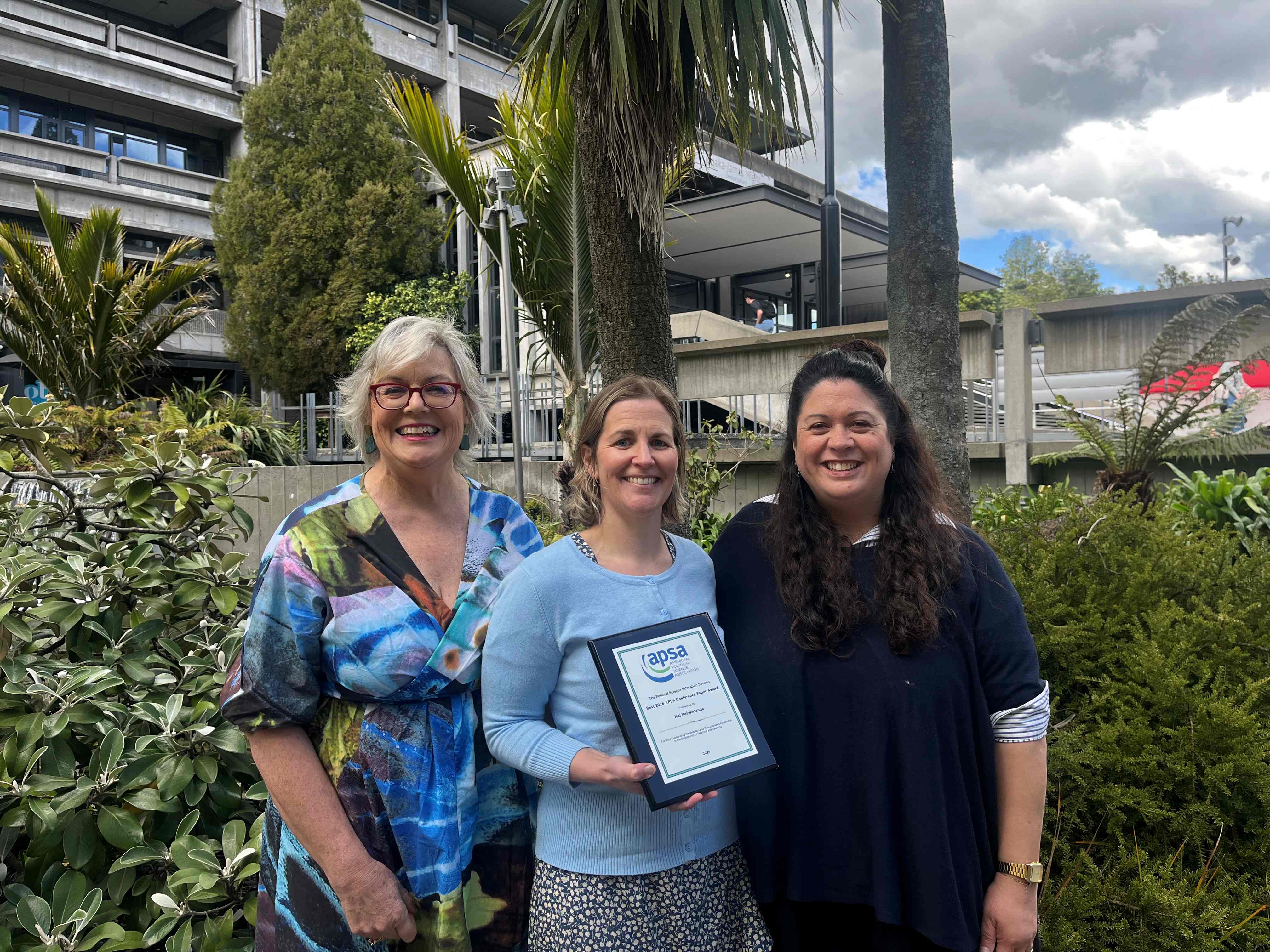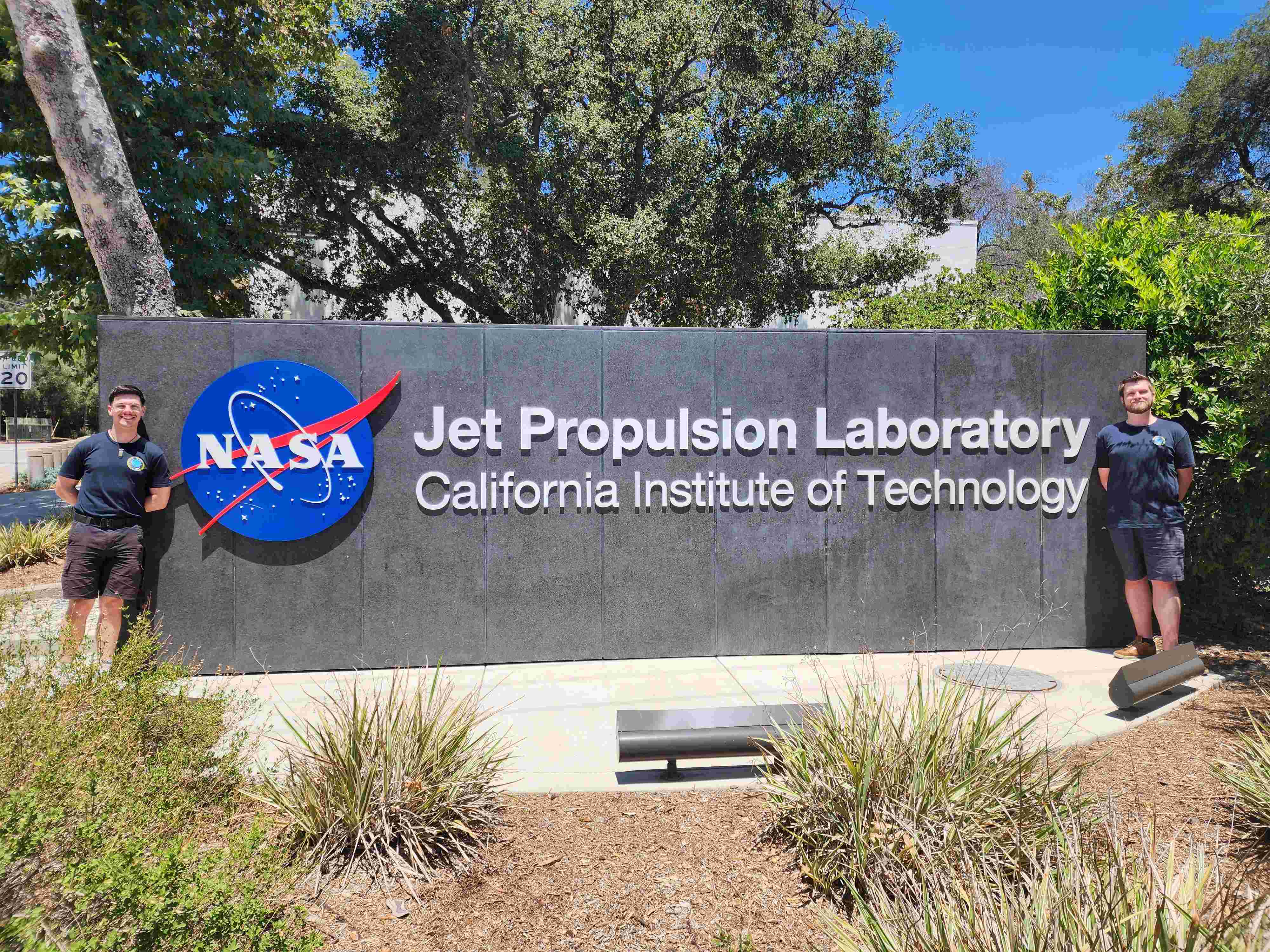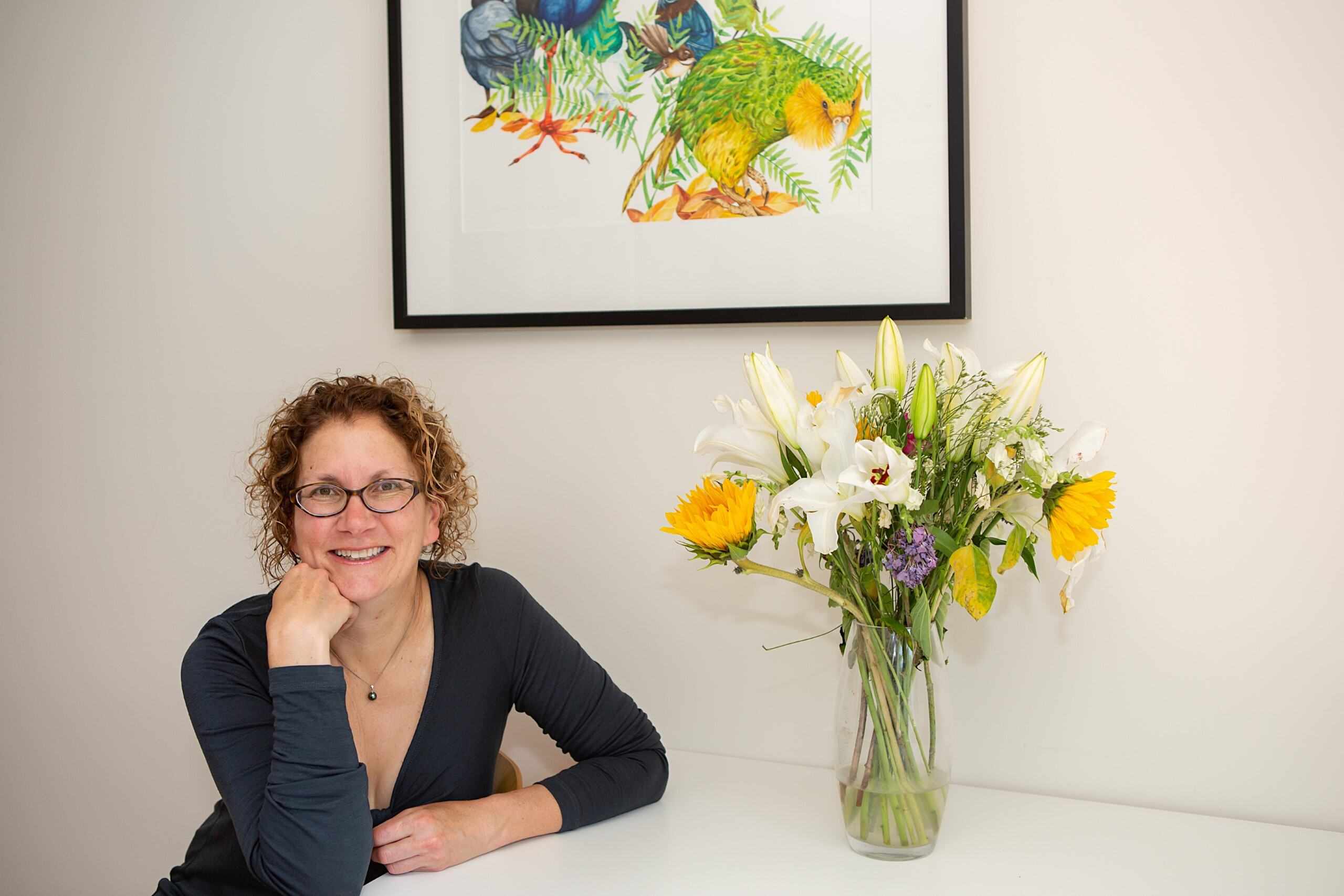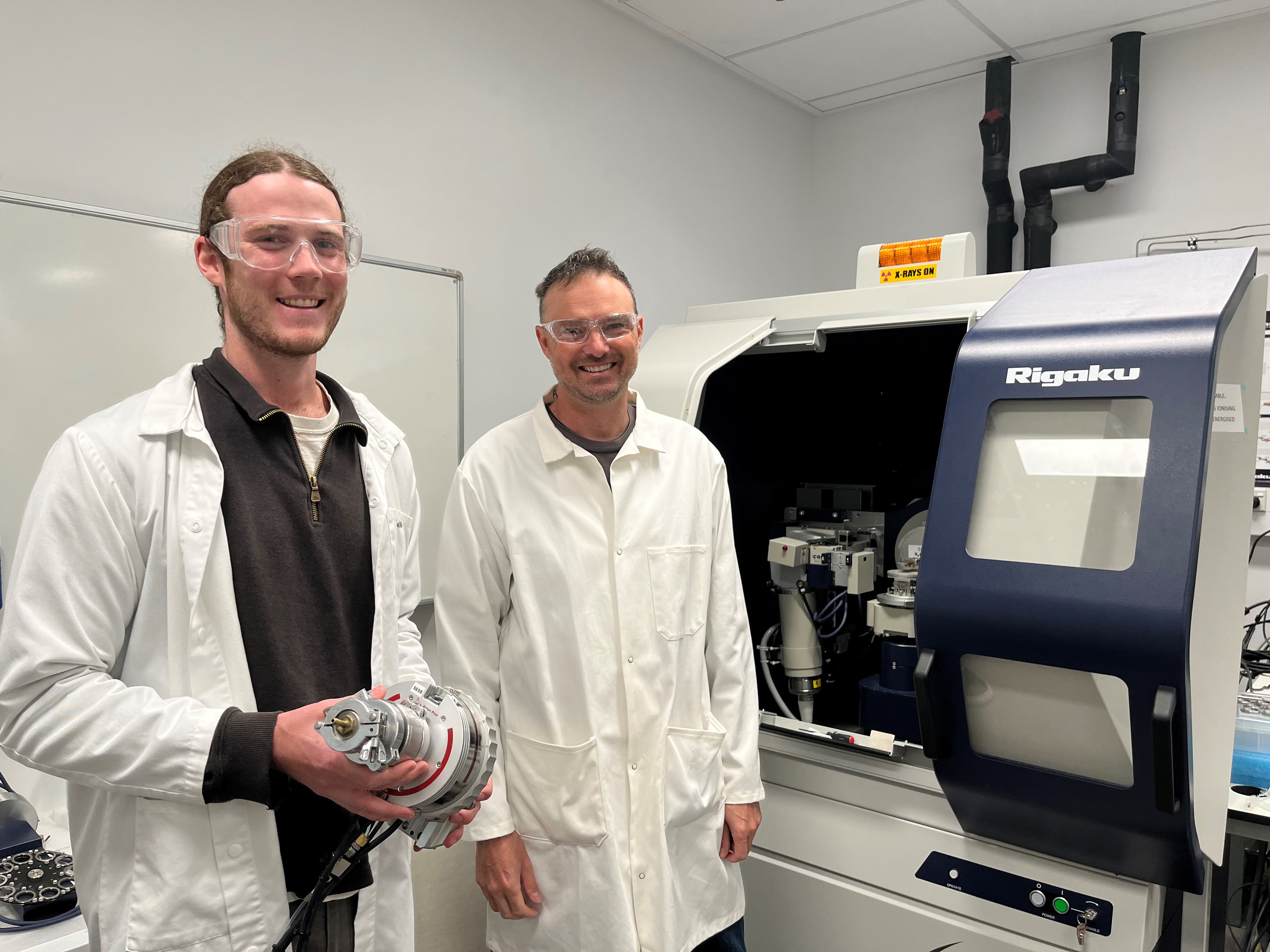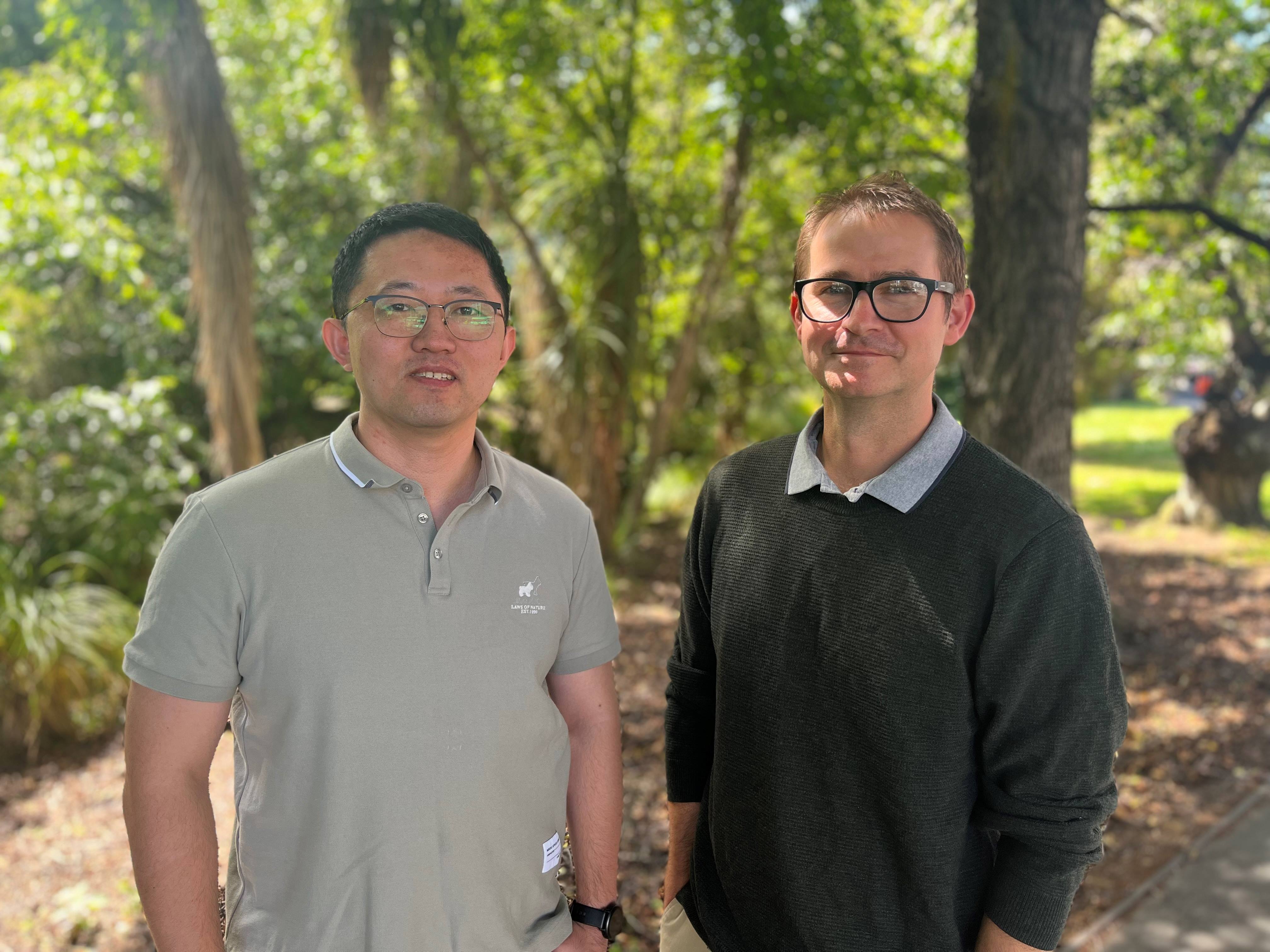“It’s about changing the focus of a street to be a street for people rather than a street for vehicles. You can reduce volumes of traffic, reduce speed of traffic, and increase the space for social interaction as well. Often streets have narrow pavements and lots of cars, but if you can tweak the form, you can create different sorts of environments, which I'll be touching on at the Walking Summit.”
Simon says we tend to measure the success of transport based on how fast we can get to and from. He believes there is another way we can look at how to get from A to B.
“The traditional way of looking at transport is you’re almost rewarded for the speed of the journey, but what we actually know is that you can get multiple benefits when you actually slow the journey down a bit.”
While walking emits no pollution and is good for your health, he says the benefits of walking go beyond this, creating safer roads, closer communities, and tight-knit neighbourhoods.
“There's an increasing body of research saying that if you can do things near where you live, so if have amenities 10 minutes or 15 minutes or 20 minutes walk away, you will actually get these benefits. It’s all about walkability distance.”
Simon says while the research is there, there still needs to be a mass shift in mindset to get most people doing it.
“Like many societies, we've become car dependent. And that's not a criticism of anyone's behavior. It's a reality that people have to drive everywhere.
“The irony with walking is people go on holiday and they go walking. So, we're actually trying to encourage people to do something they inherently quite like.”
He says one reason we don’t have enough pedestrians is that for local journeys, the walkways are not pleasant.
“What we're trying to do is just make something people want to do pleasant to do, to help enhance well-being and foster inclusive streets. That means creating nice environments and slowing traffic down and trying to reduce traffic where possible, to make environments safe and interesting to walk through.”





